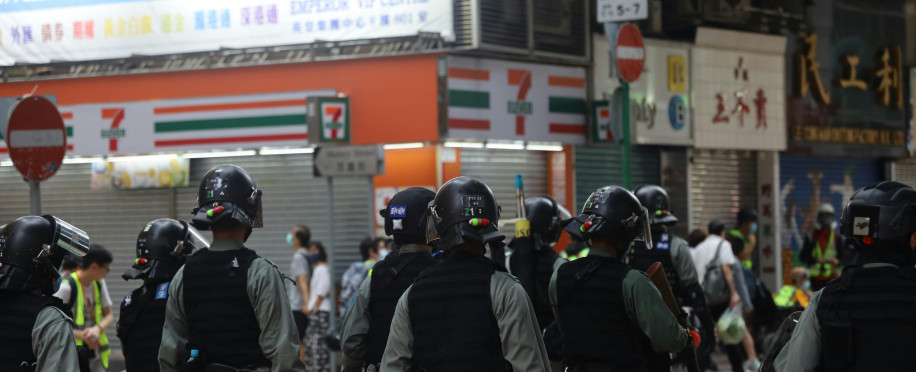Copyright © 2026 lpcentre.com All Rights Reserved. London Premier Centre For Training Ltd Registered in England and Wales, Company Number: 13694538
version: 3.0.1

Posted On: 1/6/2025, 9:01:36 PM
Last Update: 1/6/2025, 9:01:36 PM
China's respiratory virus infections have surged, leading to congested hospitals and increased public fears. Human metapneumovirus incidences have also increased in northern regions, especially among youngsters.
Notably, five years after Wuhan, China's first global alert of a novel coronavirus, the pandemic has escalated into a global pandemic resulting in seven million deaths, with social media revealing mask-wearing individuals.
Mao Ning, spokesperson for the Foreign Ministry, has downplayed the severity of respiratory pneumonia cases, stating that they peak during winter and spread less severely than in previous years, despite China's health authorities implementing new measures.
Human metapneumovirus (HMPV) is a respiratory virus that causes symptoms similar to the common cold and influenza, leading to severe complications like pneumonia in infants, the elderly, and those with weakened immune systems.
Moreover, the virus has gained attention due to a surge in cases, especially in children under 14 in northern China. HMPV, first identified in 2001, is a single-stranded RNA virus that spreads through respiratory droplets or contact with contaminated surfaces.
Symptoms include cough, fever, nasal congestion, and fatigue. Unlike Covid-19, there is no vaccine or specific antiviral treatment for HMPV, focusing on managing symptoms.
China's National Disease Control and Prevention Administration reported a rise in respiratory infections, including HMPV, during winter. Additionally, the rise is consistent with seasonal trends and colder weather, which typically fuel the spread of respiratory viruses.
Although the World Health Organisation (WHO) has not declared the situation a global health emergency, authorities are bolstering monitoring systems.
State broadcaster CCTV said, quoting an administration official at a news briefing, that a pilot program has been started to track pneumonia of unknown origin, ensuring laboratories and health organisations record and treat cases more efficiently.

Hong Kong has reported HMPV cases, prompting Taiwan and Cambodia to closely monitor the situation. Taiwan's Centres for Disease Control highlight the risks to children, the elderly, and those with compromised immune systems, while Cambodia's Communicable Disease Control Department warns of its resemblance to influenza and COVID-19.
Besides, India's officials have dismissed reports of an HMPV outbreak in China, stating that it is similar to any other respiratory virus that causes the common cold. Dr. Atul Goel, a Directorate General of Health Services official, clarified that the virus could cause flu-like symptoms in the elderly and young, despite the widespread news about the outbreak.
Likewise, India reported three cases of the HMPV Virus on Monday, Today, as the virus continues to surge in China.
The US CDC reports that HMPV circulates in various seasons, peaking between late winter and early spring. There's no vaccine for HMPV, and antiviral therapy isn't recommended.
Patients may take precautions against the spread of HMPV:
Eventually, the Chinese foreign ministry spokesperson assured citizens and tourists that the government prioritises the health of Chinese citizens and foreigners visiting China, stating that travel is safe in the country.
Read more news:
Crude Oil Projections: OPEC+ Summit and US Data in the Spotlight
NASA's Roman Telescope: A Giant Leap Toward Understanding the Universe
Satellites Undergo “Mass Migrations” Due to Geomagnetic Storms